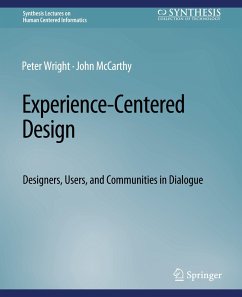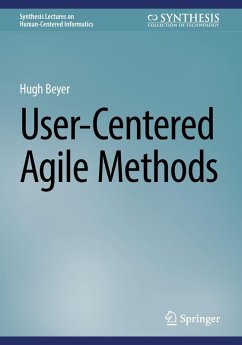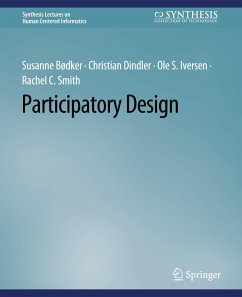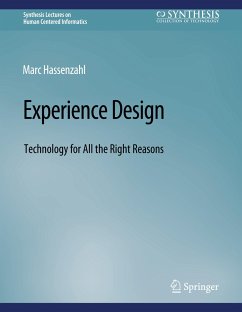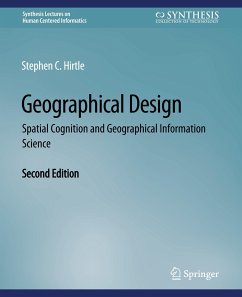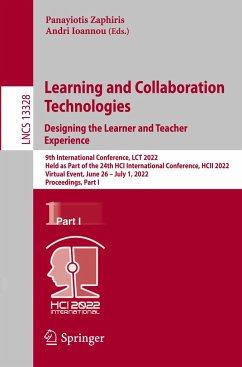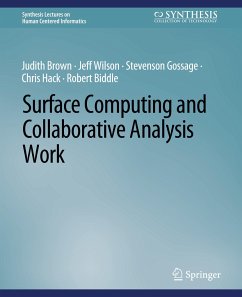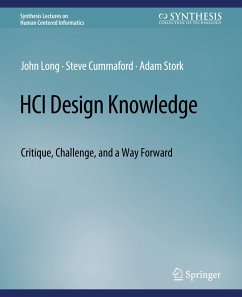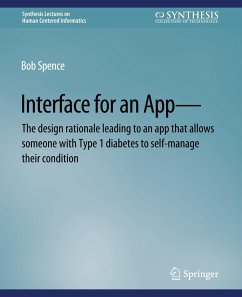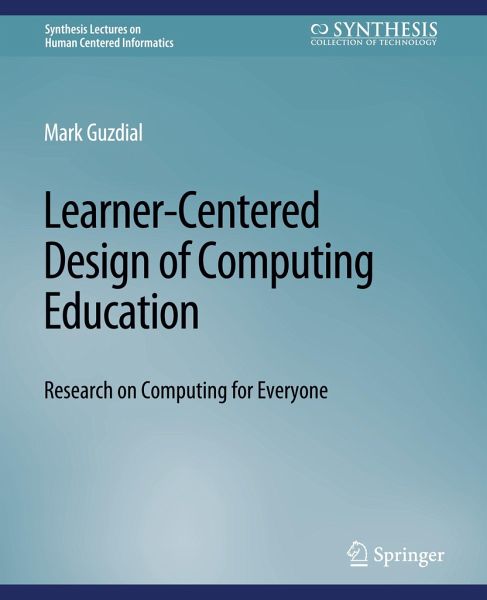
Learner-Centered Design of Computing Education
Research on Computing for Everyone

PAYBACK Punkte
0 °P sammeln!
Computing education is in enormous demand. Many students (both children and adult) are realizing that they will need programming in the future. This book presents the argument that they are not all going to use programming in the same way and for the same purposes. What do we mean when we talk about teaching everyone to program? When we target a broad audience, should we have the same goals as computer science education for professional software developers? How do we design computing education that works for everyone? This book proposes use of a learner-centered design approach to create compu...
Computing education is in enormous demand. Many students (both children and adult) are realizing that they will need programming in the future. This book presents the argument that they are not all going to use programming in the same way and for the same purposes. What do we mean when we talk about teaching everyone to program? When we target a broad audience, should we have the same goals as computer science education for professional software developers? How do we design computing education that works for everyone? This book proposes use of a learner-centered design approach to create computing education for a broad audience. It considers several reasons for teaching computing to everyone and how the different reasons lead to different choices about learning goals and teaching methods. The book reviews the history of the idea that programming isn't just for the professional software developer. It uses research studies on teaching computing in liberal arts programs, to graphic designers, to high school teachers, in order to explore the idea that computer science for everyone requires us to re-think how we teach and what we teach. The conclusion describes how we might create computing education for everyone.





